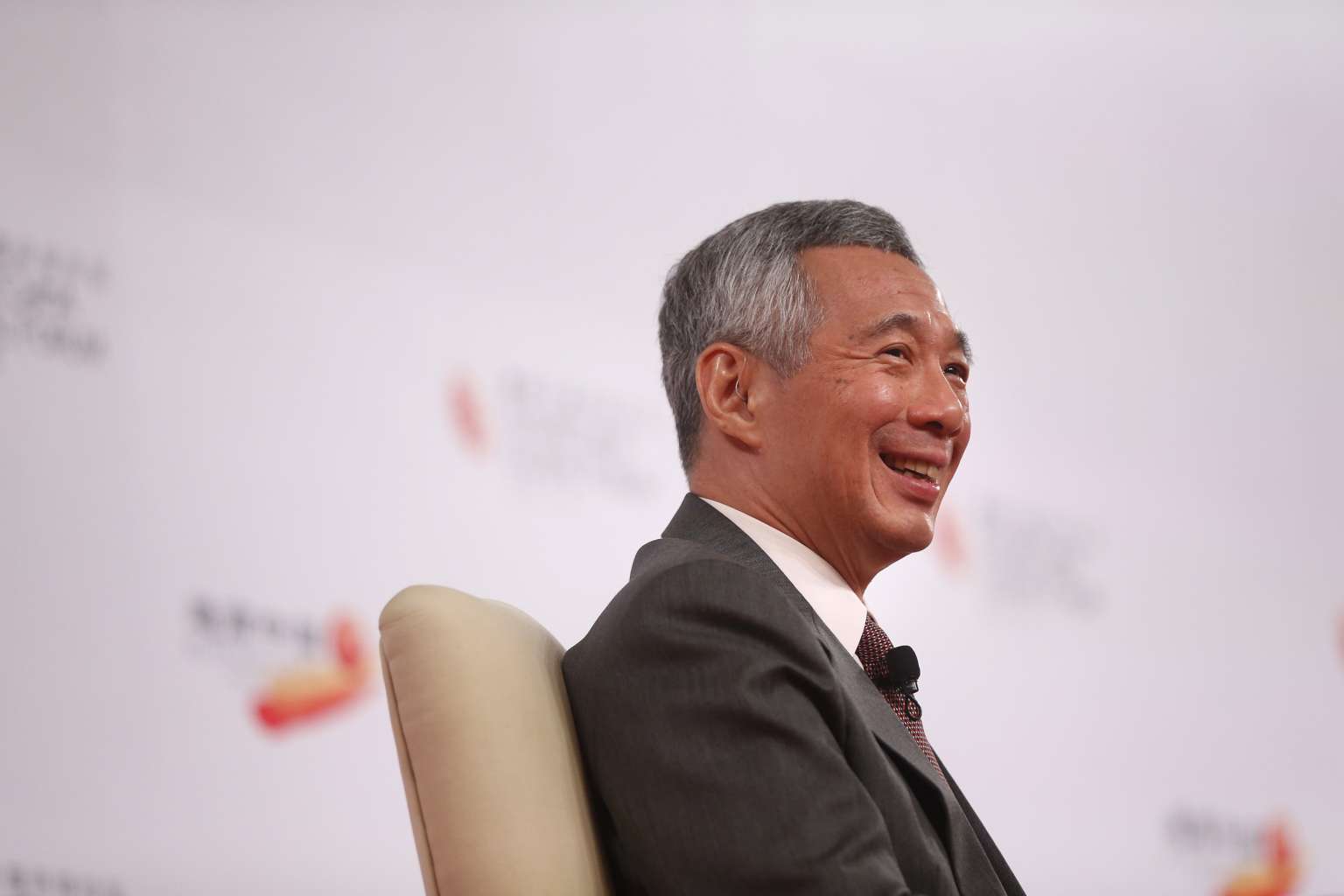Engineering expertise will continue to be needed in next stage of Singapore's development, PM Lee tells alumni
Sign up now: Get tips on how to help your child succeed

Prime Minister Lee Hsien Loong participating in a dialogue session in this July 21, 2015 file photo.
ST PHOTO: KEVIN LIM
Wong Siew Ying
Follow topic:
SINGAPORE - The pioneer batch of engineering graduates from Nanyang Technological Institute (NTI) excelled not only in that field, but went on to apply their training and distinguish themselves in public life.
Such engineering expertise will continue to be needed in the next phase of nation building in Singapore, Prime Minister Lee Hsien Loong said on Friday evening.
This, he added, applies "whether it is upgrading infrastructure, or overcoming constraints such as lack of space and natural resources or turning the country's vision of a Smart Nation into reality."
He was speaking at the 30th anniversary alumni dinner of the class of 1985 at NTI, now Nanyang Technological University (NTU).
NTI's pioneer batch of 557 students includes Nee Soon GRC MP Lee Bee Wah and former MPs Inderjit Singh and R. Sinnakaruppan.
Also from the class is Dr Chua Chee Kai, director of NTU's Additive Manufacturing Centre which is developing next-generation 3D printers, Mr Sonny Bensily, founder of Prime Structures Engineering which helped build Changi Airport Terminal 3 and Marina Bay Sands, and top female cop Senior Assistant Commissioner of Police Zuraidah Abdullah.
While they have built successful careers, they have also given back to their alma mater and the engineering fraternity, Mr Lee noted.
In just 30 years, NTU has become one of the world's top engineering colleges, with over 2,000 faculty members and staff, and 14,000 students. It has also done "very well" in the latest World University Rankings, he observed.
The NTU and National University of Singapore (NUS) leapt into the top 13 of annual rankings by London-based education consultancy Quacquarelli Symonds this week. NUS took 12th spot, up from 22nd last year, and NTU moved up to 13th place, from 39th.
But Mr Lee cautioned that the universities' key performance indicator (KPI) should not be how high their rankings are. "Rather, the KPI must be how well our universities serve Singapore," he added.
These KPIs include whether they are "academically and intellectually rigorous and vibrant", yet develop an authentic Singaporean character, whether they provide holistic education and help to build skill sets relevant to the economy.
They should, also, imbue in students "a sense of loyalty and belonging to Singapore", so they are rooted here and want to give back to the country.

